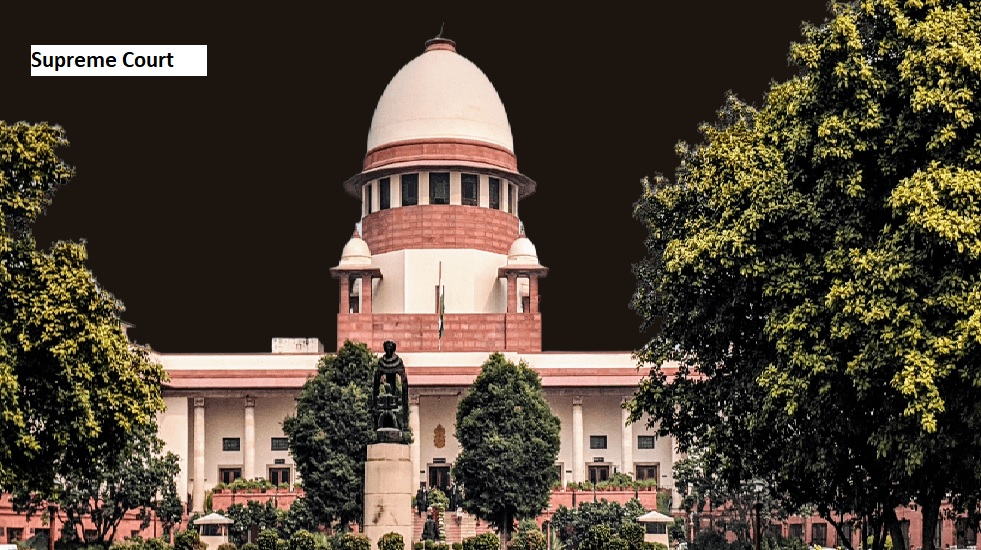


In the realm of tenancy laws, the Supreme Court ruled that Section 5 of the 1963 Limitation Act cannot prolong deadlines when a shorter time frame is specified for a specific purpose in the relevant act.
In the specific case, the Court addressed Section 7 of the West Bengal Premises Tenancy Act, 1997. This section allows tenants to seek protection against eviction but limits the extension of time for rent arrears to a single occasion, not exceeding two months. Section 40 of the same Act indicates the application of the Limitation Act to proceedings and appeals under this Act.
In this context, a bench comprising Justice Sanjay Kishan Kaul and Justice Sudhanshu Dhulia noted:
"We are unequivocal in our understanding that while the Limitation Act usually applies to the provisions of this Act, as per Section 40 of this Act, if a shorter time frame is explicitly defined as a limitation in this Act, the Limitation Act cannot be utilized to extend it.”
In this case, the Respondent was a tenant in a Calcutta shop, and the Appellants were the landlords. The Respondent ceased rent payments in 2005, leading to the Appellants initiating eviction proceedings due to non-payment of rent. The Respondent applied under Sections 7(1) and 7(2) of the Tenancy Act for protection against eviction, but these applications fell outside the statutory timeframe. The Trial Court dismissed the applications, citing a 10-month delay. Upon appeal to the High Court, it instructed the Trial Court to consider the application under Section 5 of the Limitation Act. The Respondent's sole reason for the delay was receiving improper legal advice from their advocate.
"We believe that an examination of both statutes implies that, even though the Limitation Act is typically applicable to proceedings under the Tenancy Act, the specific provision in Section 7 of the said Act, which limits the extension of time, must take precedence," stated the Court.
The Court also noted that in a tenancy dispute where there's no disagreement about the acknowledged rent amount, all outstanding rent arrears must be deposited.
"There is a broader context to consider here. Tenancy Acts offer tenants certain protections beyond their contractual rights, and these provisions must be strictly followed. Proceedings initiated due to non-payment of rent should adhere to this principle because a tenant cannot occupy the premises without paying for it, even in the presence of a rent dispute. Therefore, the tenant is obligated to deposit all rent arrears, whether there is a dispute regarding the admitted amount or not. This action must be taken within the stipulated time frame and should ideally accompany the application submitted under Sub-Sections (1) and (2) of Section 7 of the said Act. The proviso only permits a one-time extension of not more than two months."
The Court noted that in this case, there was no dispute about the respondent's failure to pay rent. The respondent did not pay the rent, nor did they deposit it along with their application, nor did they deposit it within the extended timeframe allowed by the proviso. The Court rejected the respondent's argument that improper legal advice was the reason for the delay in paying arrears, expressing dissatisfaction with this explanation.
The Court granted the appeal, overturning the High Court's decision, and reinstated the Trial Court's order. Additionally, the Court awarded costs in favor of the appellants.
TAGS: Court observation No dispute on rent default Allowing the appeal Restoring Trial Court order Awarding costs to appellants .